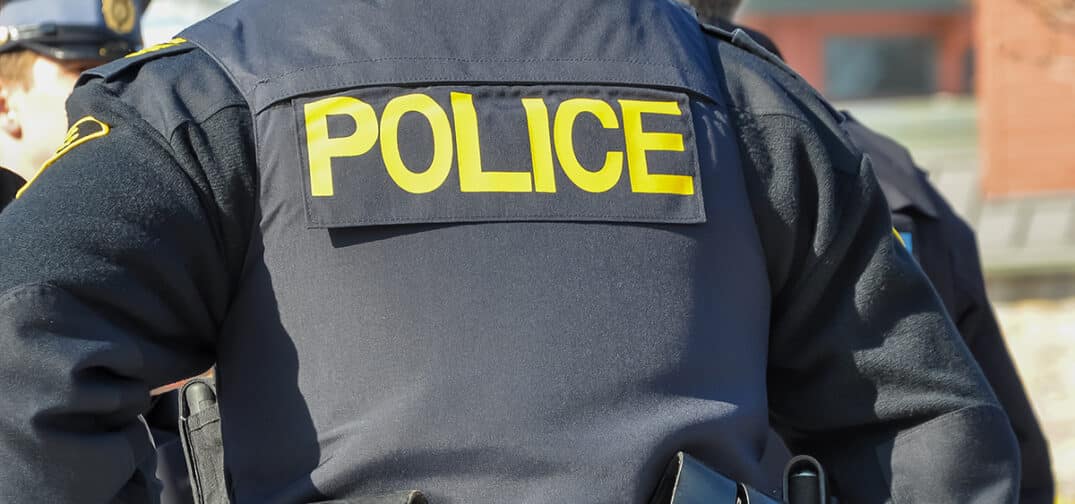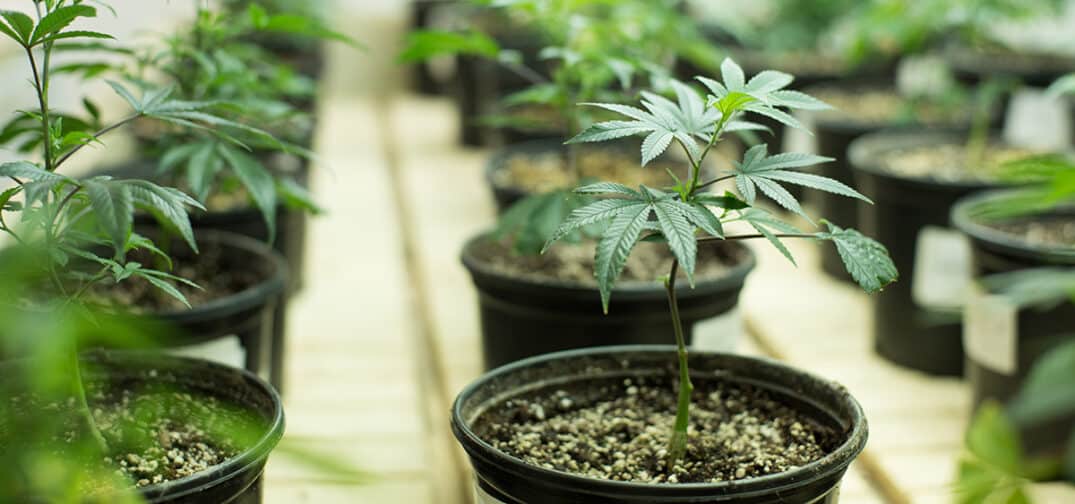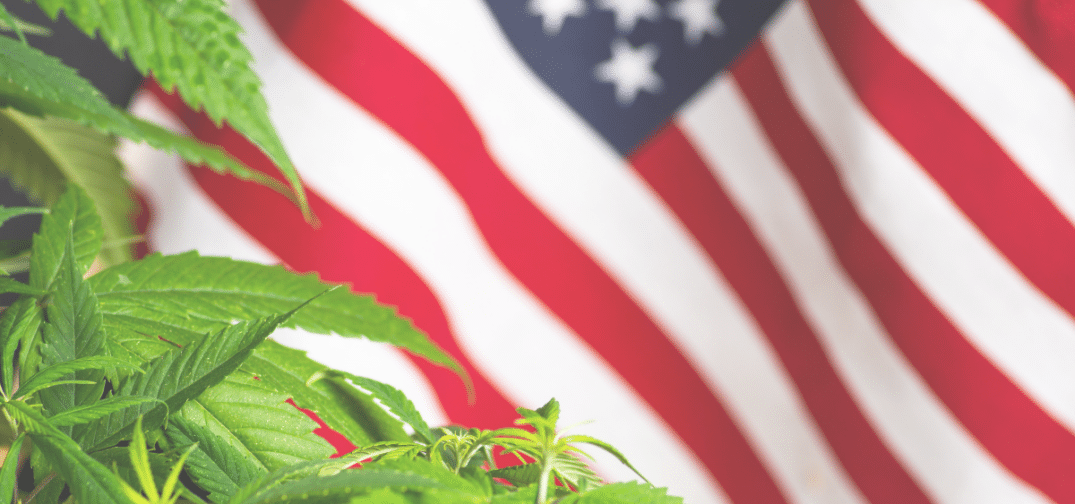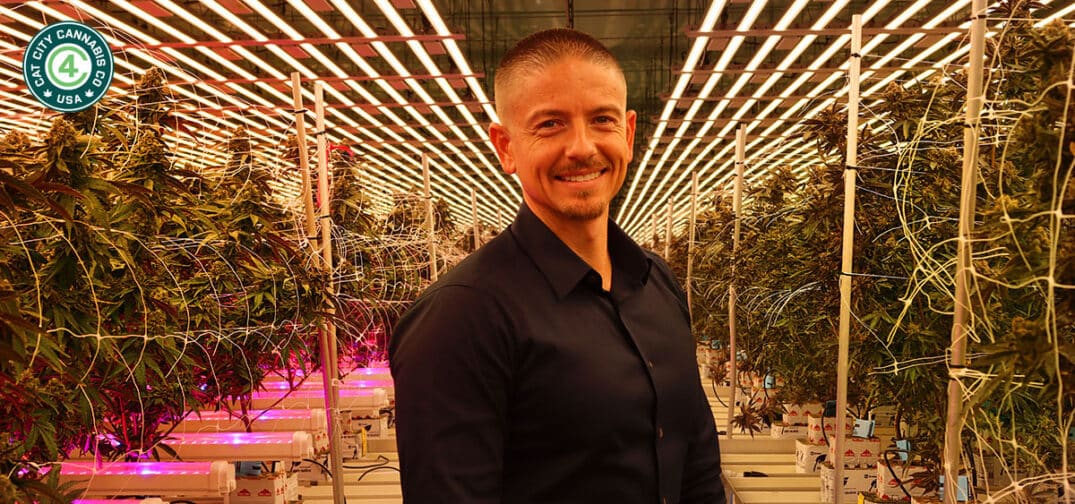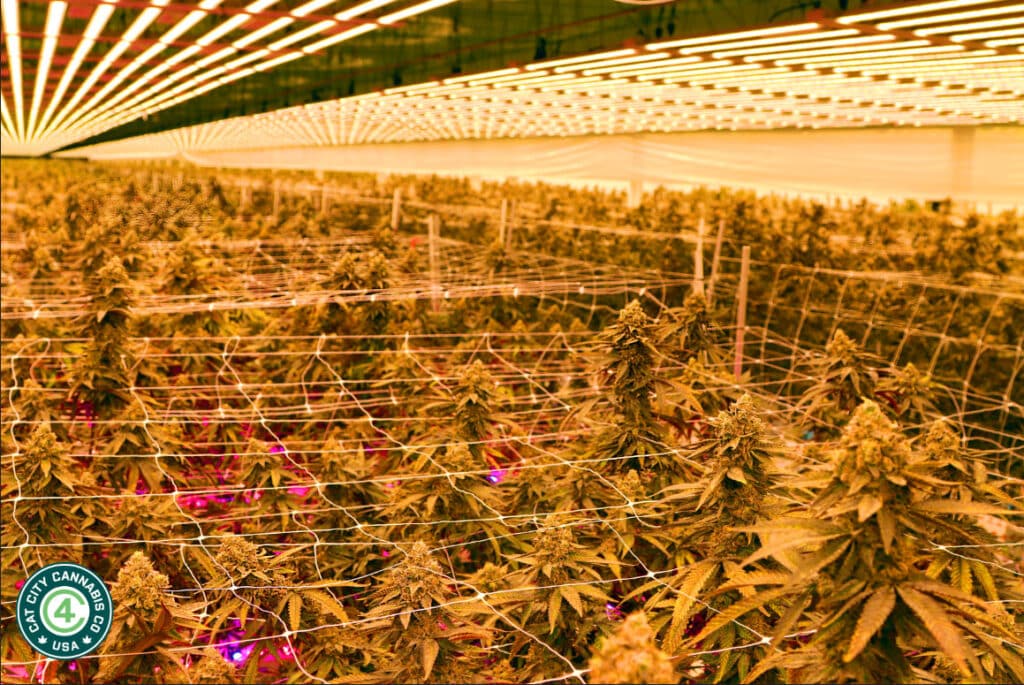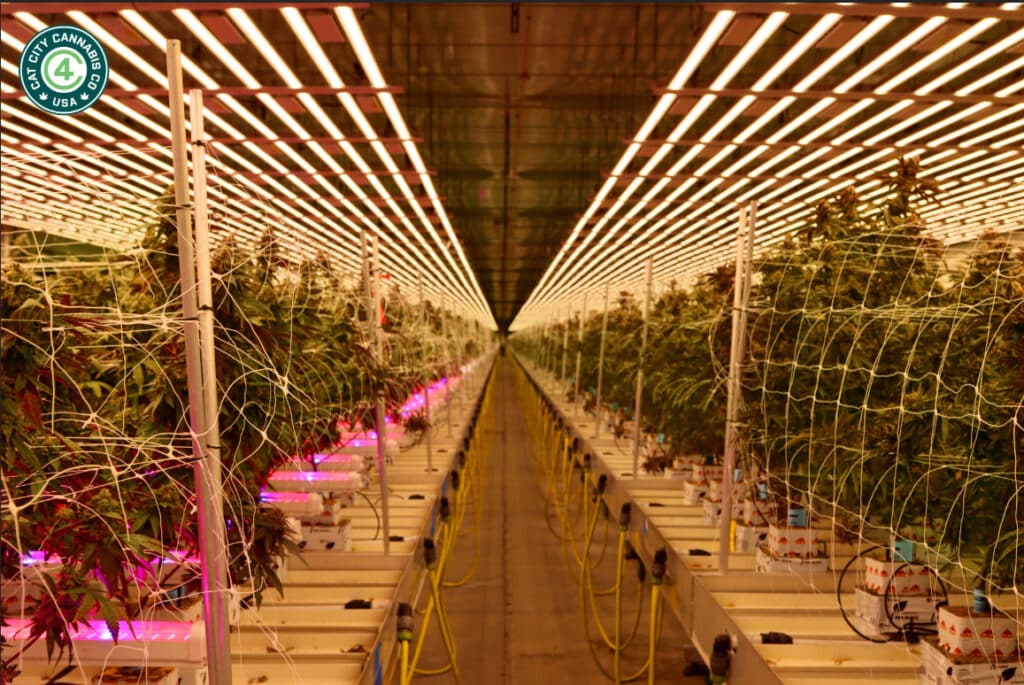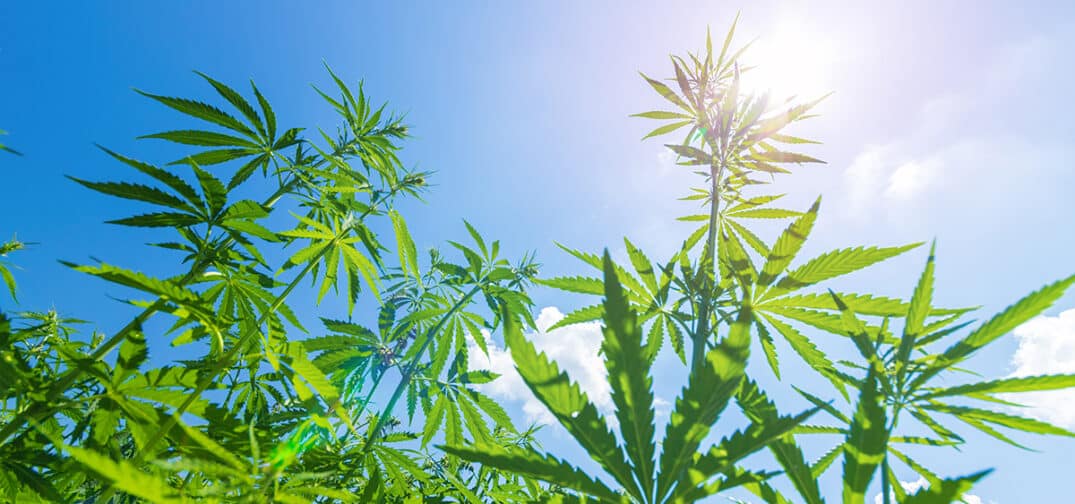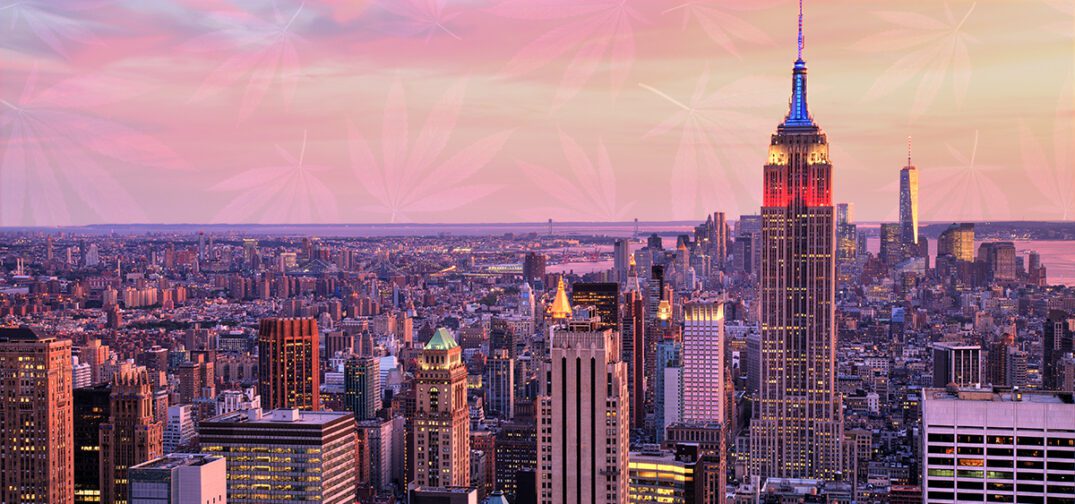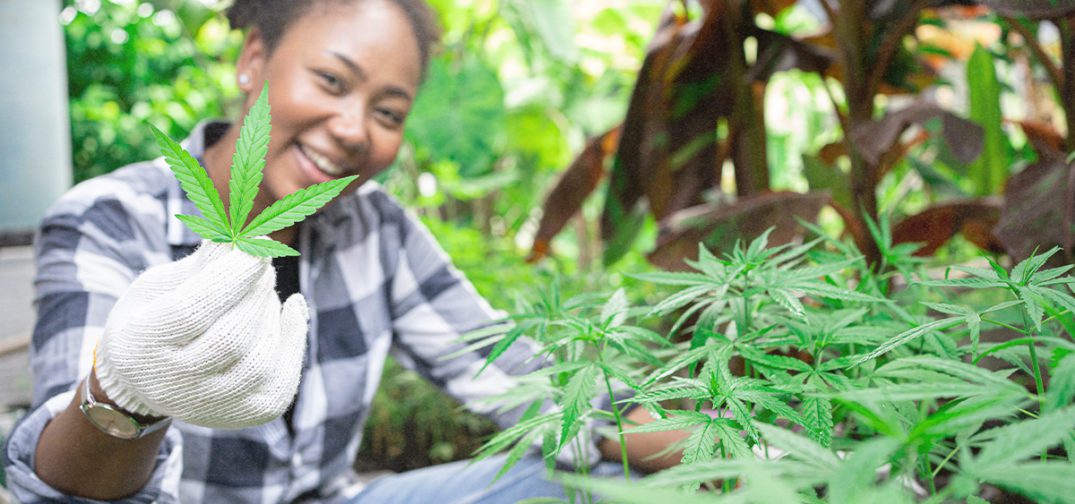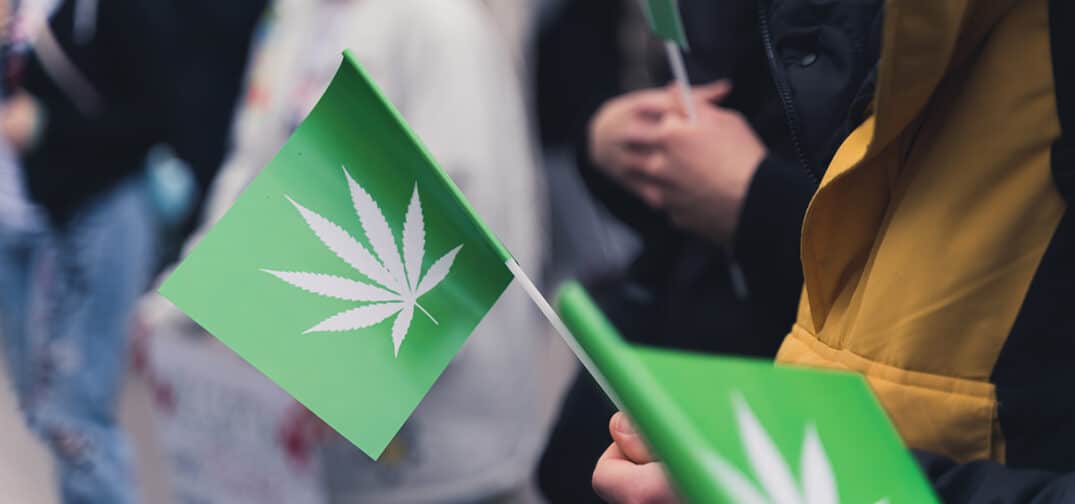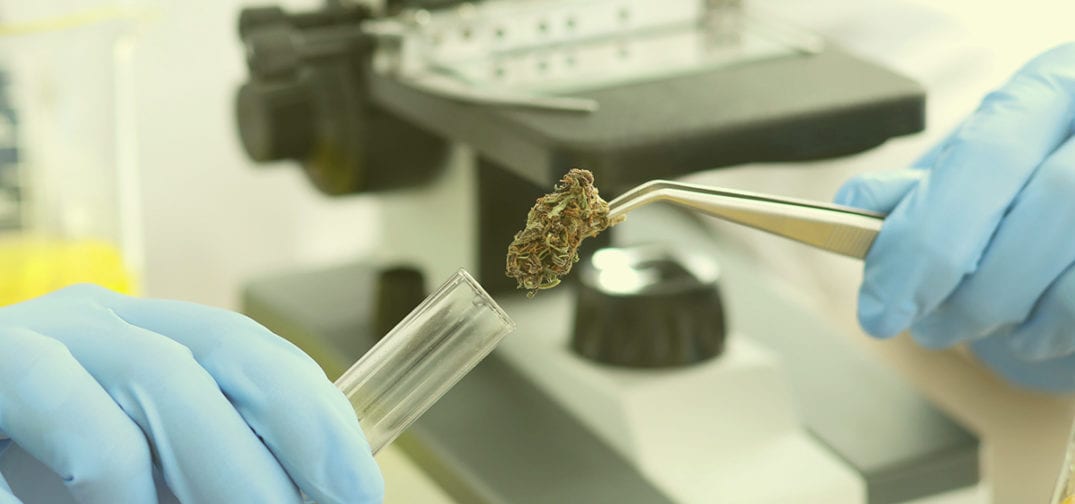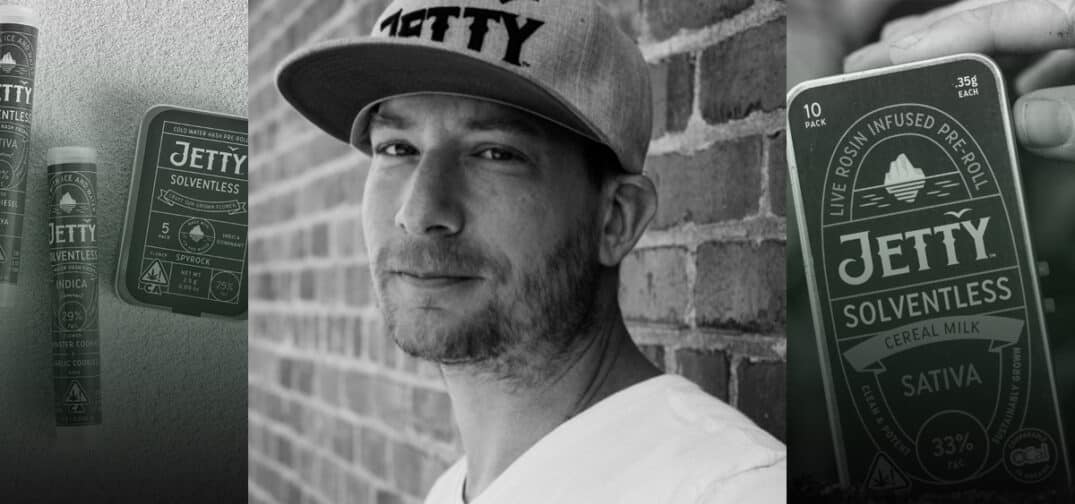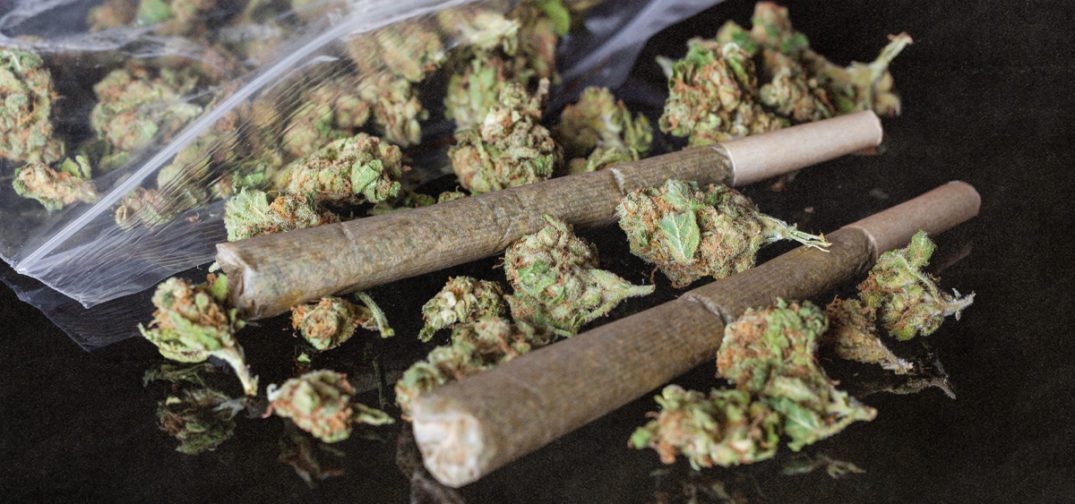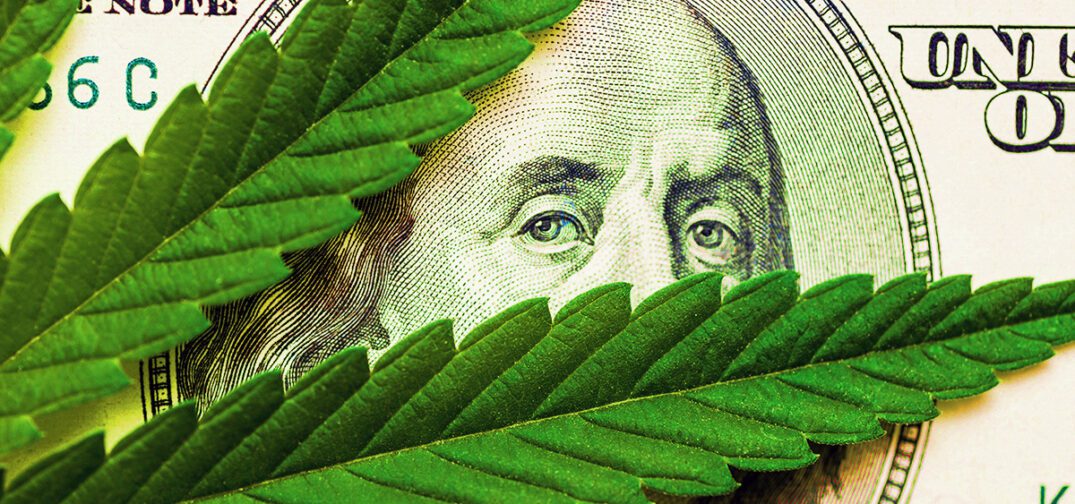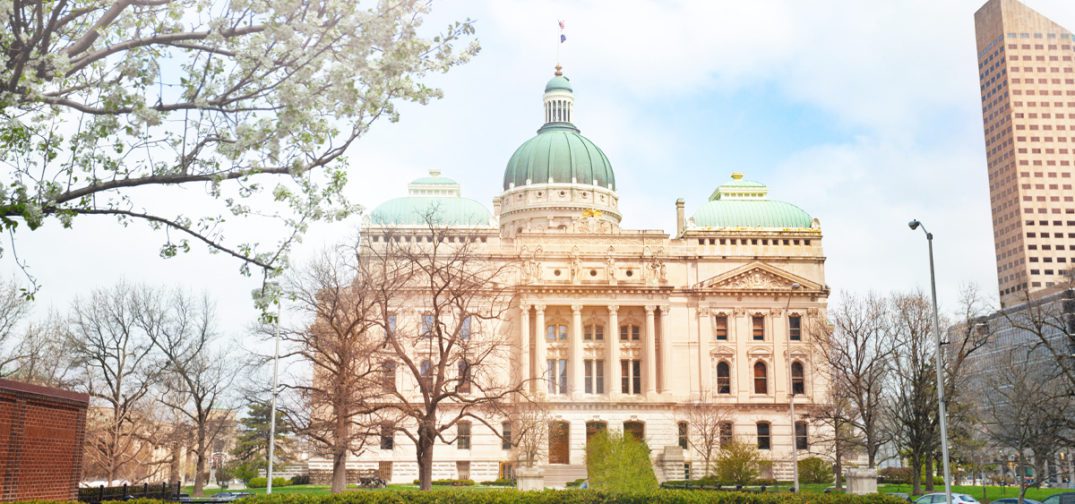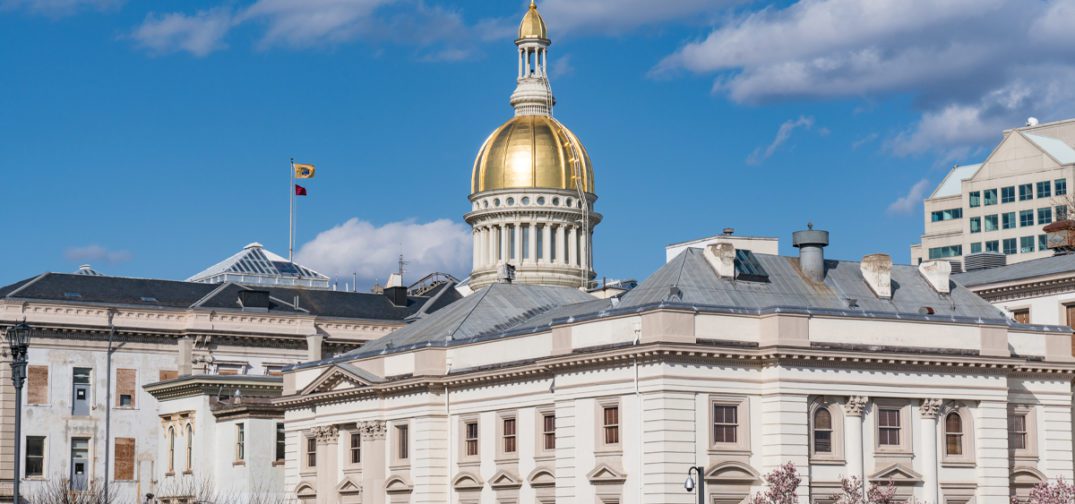Nate Ferguson, co-founder and Chief Product Officer at Jetty Extracts, has spent over two decades in the cannabis industry. With Jetty’s 11-year anniversary just passed, the brand is recognized for its commitment to product innovation, sustainability, and overcoming regulatory challenges. In this Q&A, Nate joins us to discuss:
- His role overseeing product innovation and supply chain management.
- The early legal risks and lack of regulation faced by cannabis operators.
- The complex regulations in expanding to new markets like New York and Colorado.
- Pre-roll production advancements, including the rise of multi-packs and infused pre-rolls.
- Jetty’s commitment to sustainability through innovative packaging.
For the full interview, continue reading below!
Can you describe your role as co-founder and Chief Product Officer at Jetty Extracts?
Sure. Yeah, my name is Nate Ferguson. I’m co-founder of Jetty, and my title currently is Chief Product Officer. I head up all products at the company, from new product innovation to current products, QC standards, and things like that. I focus heavily on the supply chain, really upstream in the manufacturing process on the cannabis side of things.
Jetty just celebrated our 11th anniversary on October 1st, so we’ve been around a long time. Before that, I owned retail dispensaries in 2009 through 2011, which got shut down by the federal government back in the day. I had cultivation and delivery services as well. So, I’m 20 years into the cannabis industry. I’ve basically seen a lot and know a lot about the plant and cultivation.
What sets Jetty apart is that a lot of us have that old pedigree, that legacy tenure in the industry. We’re close with a lot of growers and breeders, which really helps us put out a product that I feel is better than most of the products on the market because we have a strong focus and good relationships with the cultivators. We focus heavily on what strains we curate, especially for pre-rolls—what are the best crosses when it comes to infused pre-rolls.
So, day-to-day, as a co-founder, I’m doing a little bit of everything. I’ve got my hand in marketing, I’ve got my hand in sales and operations, but my main focus is on product and supply chain.
What challenges did Jetty face in the early years, and how do they compare to the challenges you face today?
Early on, there was a lot less red tape and just a different degree of risk, namely law enforcement. In the first couple of years of Jetty, we had to deal with raids, despite being medical and following Prop 215. There were no ordinances, no regulations in place, and how we operated depended on the mood of local sheriffs or cannabis task forces.
Back then, there were also a lot of small companies that could start easily, sometimes doing dangerous extractions at home. We had to compete with them, and innovation moved fast. Now, it’s the opposite, with more focus on margins and running a healthy business. There’s a lot more red tape, which slows everything down. We’re also expanding into new markets like Colorado, New York, and New Jersey, each with its own set of regulations, which complicates things further.
After becoming so well established in California, how has Jetty managed its expansion into new markets like Colorado, New York, and New Jersey?
Each market comes with its own set of challenges. We’ve been in California for 11 years, one of the most complex markets, so we’re battle-tested. Many of the problems we face in new markets, like an immature supply chain, we’ve already dealt with in California.
Colorado, for example, legalized before California, and because of the climate there, there’s a lot of indoor cultivation. The inputs are great, so we’re excited to work in Colorado, where the supply chain is very mature, and the strains are well known for what works with hash and so on.
In New York, it’s a different story. The state is only a couple of years removed from legalization, and people are trying to cultivate in upstate New York, and it’s snowing on the crops in late September and early October. We’re getting frost, and strains that would normally finish fine in California just aren’t ripening or getting to maturity in New York. So there are still a lot of learnings from the cultivation and supply chain standpoint.
We’re also seeing everyone trying to do so much in New York, which is similar to what we saw in California. Everybody wants to be this big vertical operator, with retail, their own brands, white-labeling, cultivation—you name it.
There are a lot of shiny objects in cannabis. Where Jetty has found success is by focusing solely on being a manufacturer and a brand, doing extraction only, and not branching off into too many things or getting distracted.
That’s something I see happening in New York, and it makes it tough to pick the right partners and work with groups that are hyper-focused and can help Jetty build a sustainable company for the long term.
How does Jetty manage its packaging across different markets, and what role does sustainability play?
We handle all our packaging design and sourcing from our HQ in California. Depending on the market, we either ship it to California first or directly to the other states. The regulations vary by state. For example, New York requires 10% post-consumer recycled packaging, and Colorado has opaque packaging requirements for pre-rolls. It’s challenging to manage, but we prioritize sustainability and innovation in our packaging, which has always been core to Jetty’s identity.

How has Jetty approached pre-roll manufacturing, and how would you say the pre-roll market evolved?
Pre-rolls have evolved a lot. Early on, it was manual labor with knock boxes, and many companies bought expensive machines that didn’t work as expected.
Infused pre-rolls, which we specialize in, add extra challenges because of the sticky texture. We’ve finally found a machine that works well for us, producing up to 10,000 pre-rolls a day. We’re seeing a shift towards multi-packs and smaller joints, especially post-COVID, where consumers want personal, single-use joints instead of sharing larger ones.
Jetty is known for its sustainability initiatives. Can you elaborate on these efforts?
The cannabis industry can be extremely wasteful, especially with packaging regulations. We’ve always prioritized sustainability by using recyclable components like post-consumer plastics and craft paper.
We try to balance compliance with eco-friendly solutions, but it’s a work in progress. Disposable vapes, for example, are hard to ignore because they dominate the market, but we’re looking at biodegradable plastics and ways to recycle parts like the lithium battery. It’s tough, but sustainability remains a focus in everything we design.
Thanks for joining us, Nate! To learn more about Jetty Extracts, visit their website.
